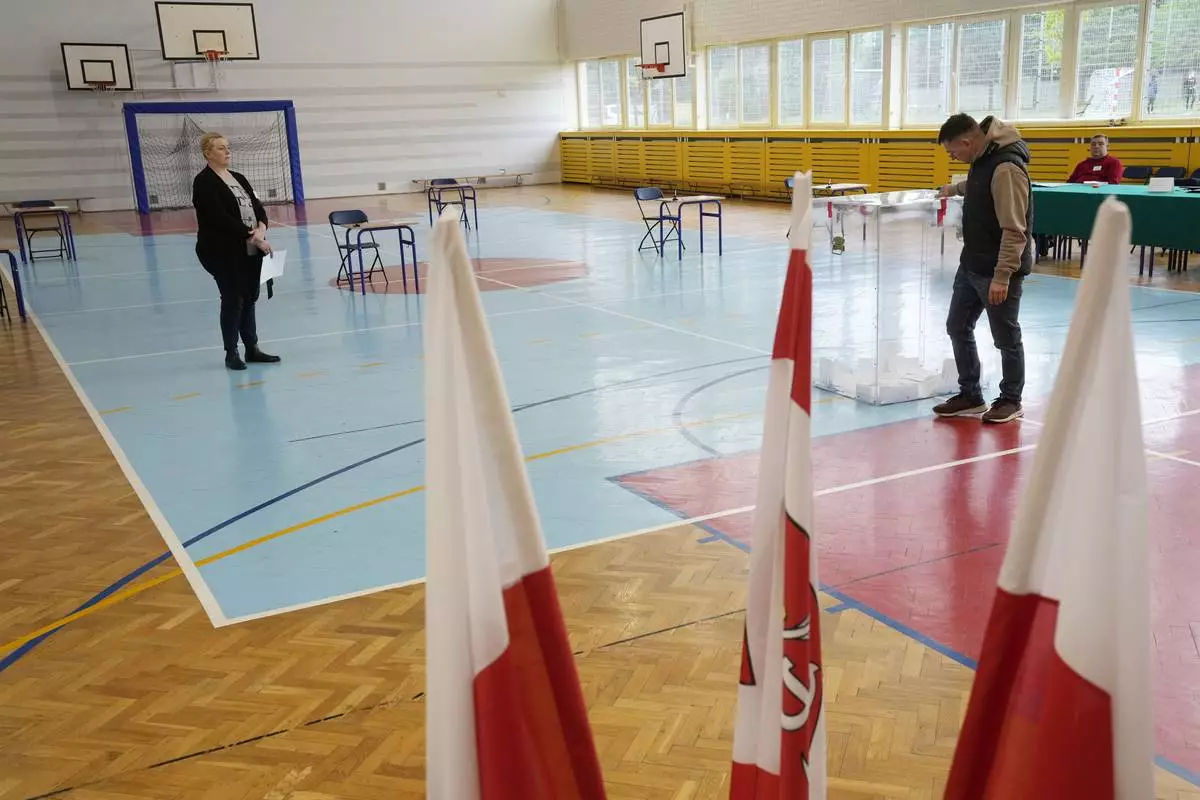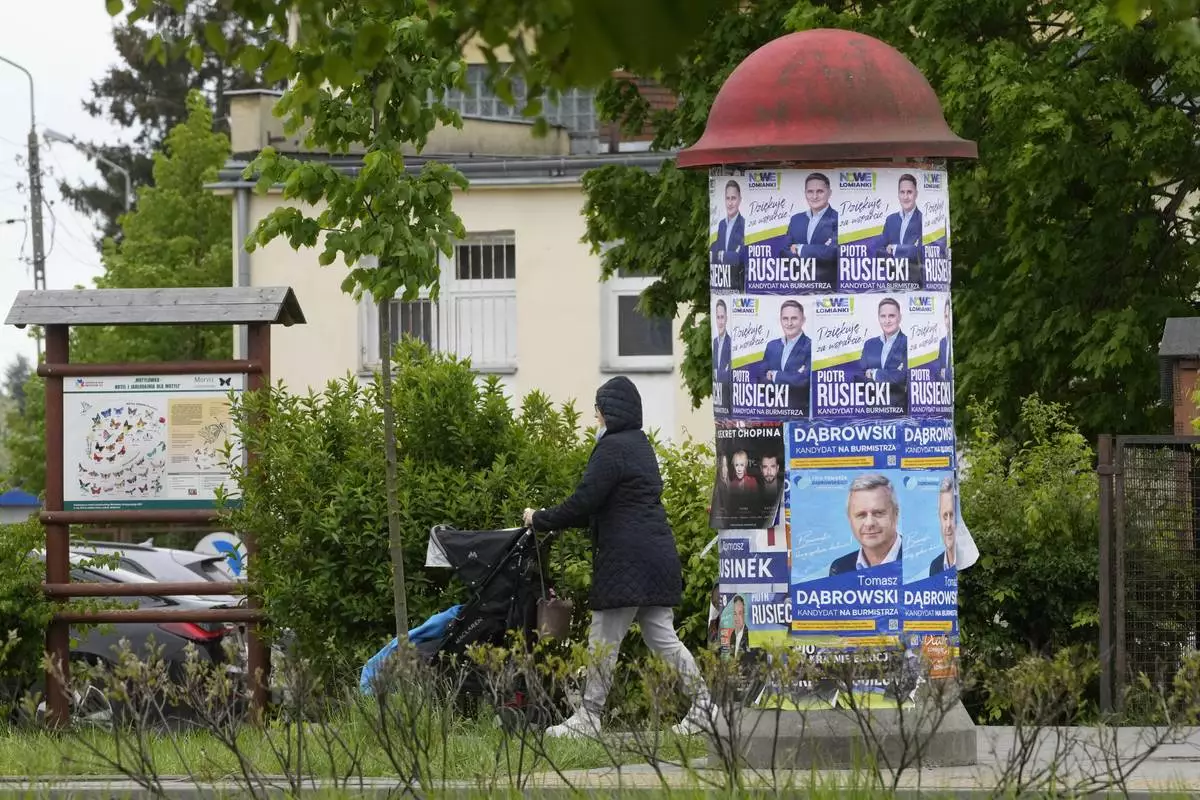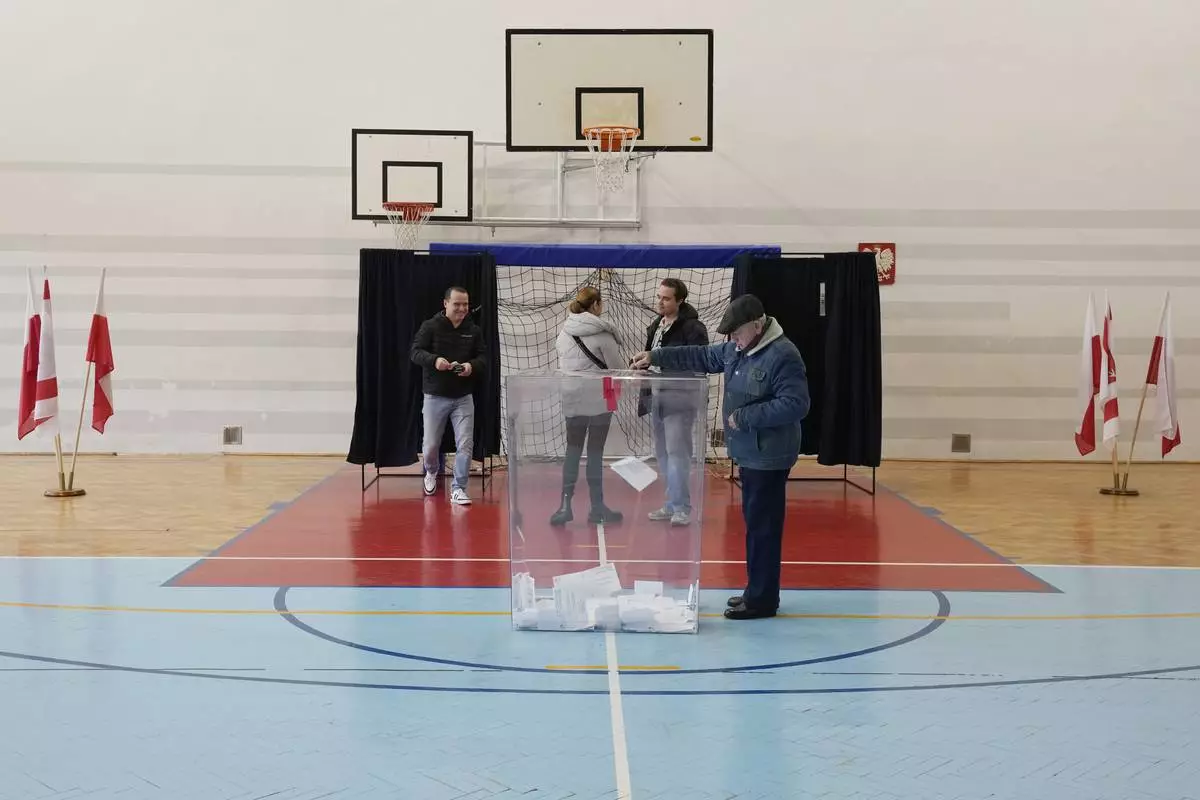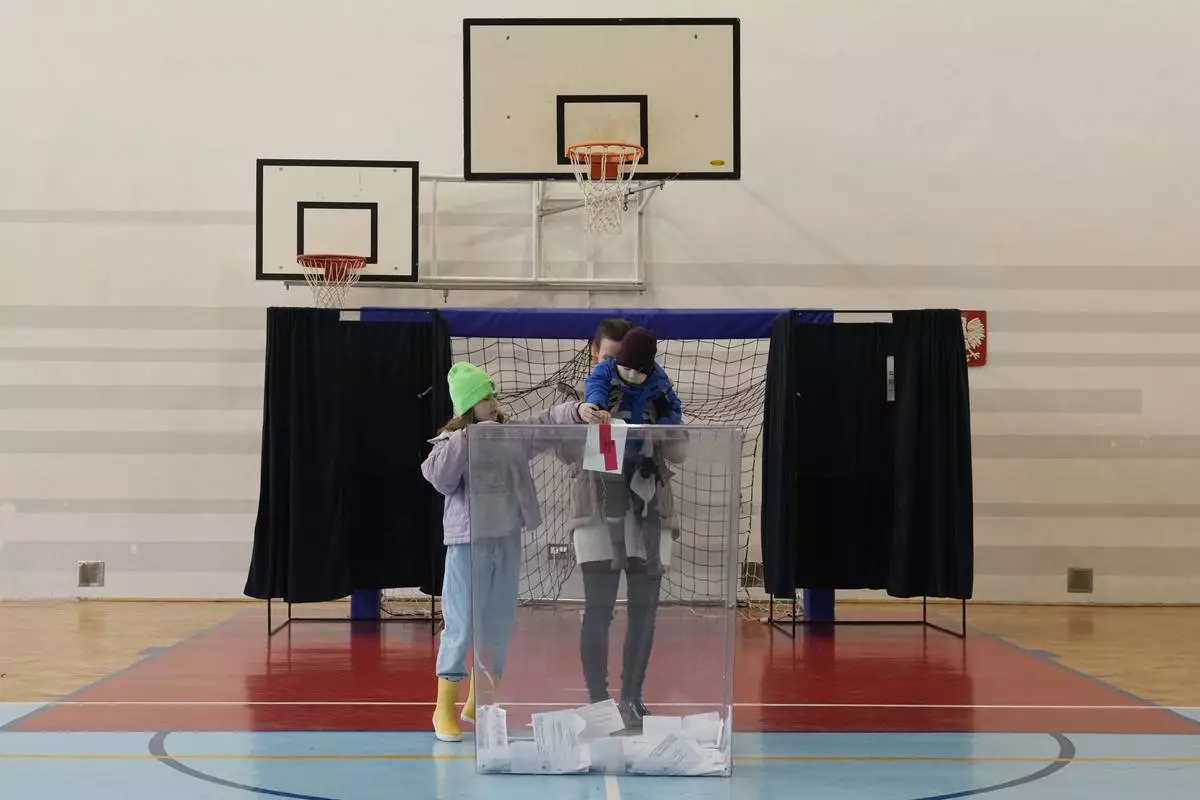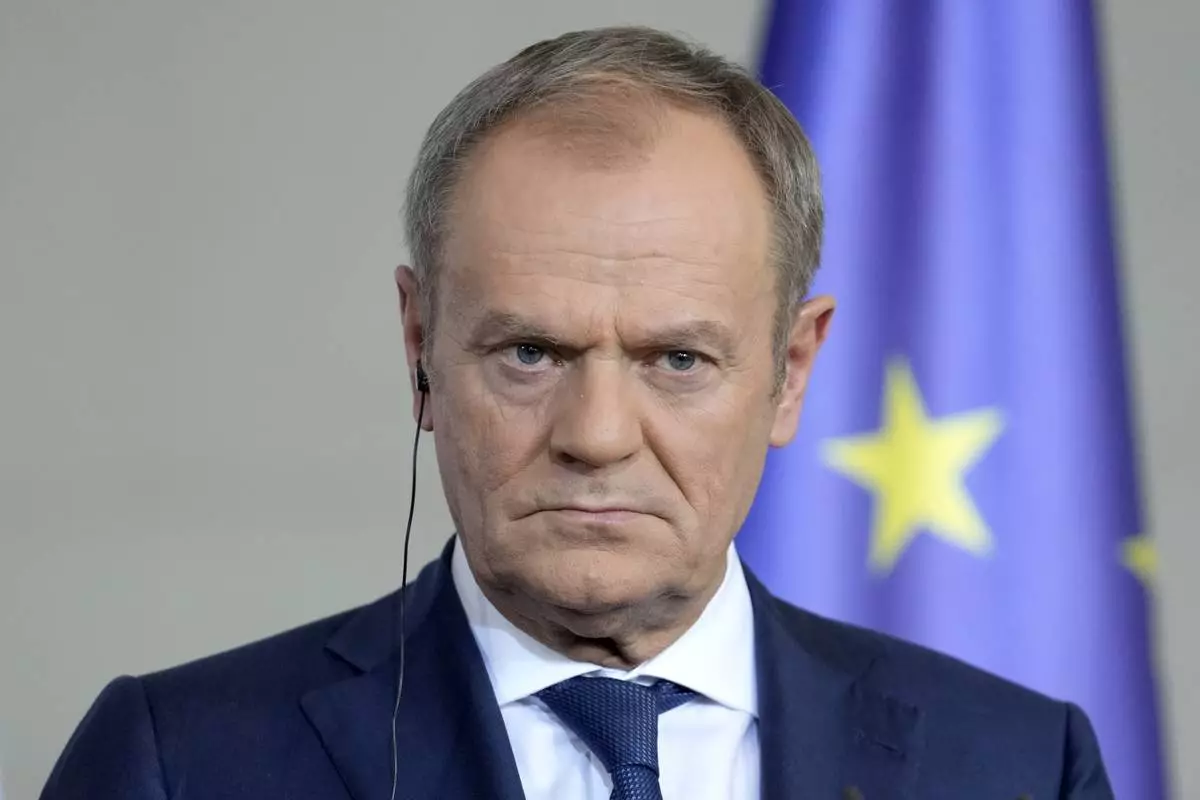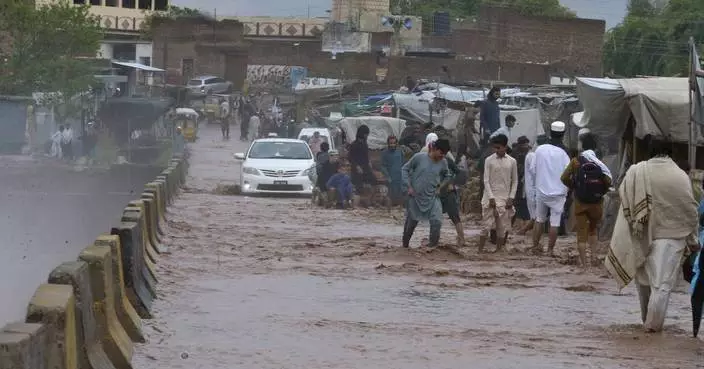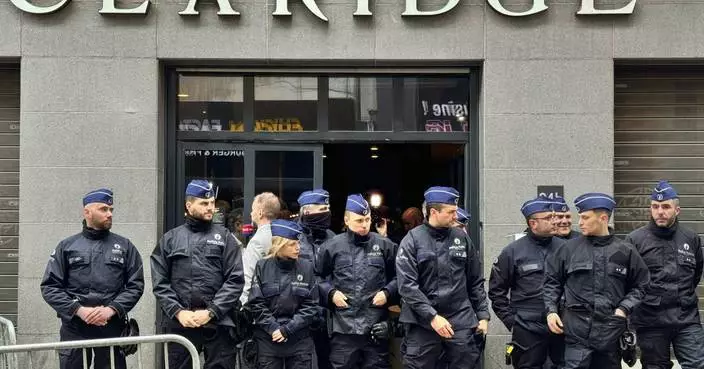Migrants trying to reach Europe face routine rape and sexual torture throughout their journey — and especially in Libya — with men facing abuse nearly as routinely as women, according to a study based on dozens of interviews with aid workers and migrants.
The graphic study released Monday by the Women's Refugee Council comes as Europe has blocked rescues at sea and outsourced its migration policy to Libya's coast guard instead. With European Union funding, the Libyan coast guard retrieves migrants from the Mediterranean and returns them to detention centers nominally run by the government, where migrants say the abuse resumes.
Smugglers torture migrants and film it to extract ransom payments from their families, and to thin the number of people in their unofficial prisons, according to the study. Previous studies have found that nearly all women who cross from North Africa have been raped or sexually abused along the journey; this one found that the danger was likely nearly as prevalent among men. A mental health worker described graves filled with men with their genitals sliced off — a description corroborated by the account of a survivor of a mass mutilation.
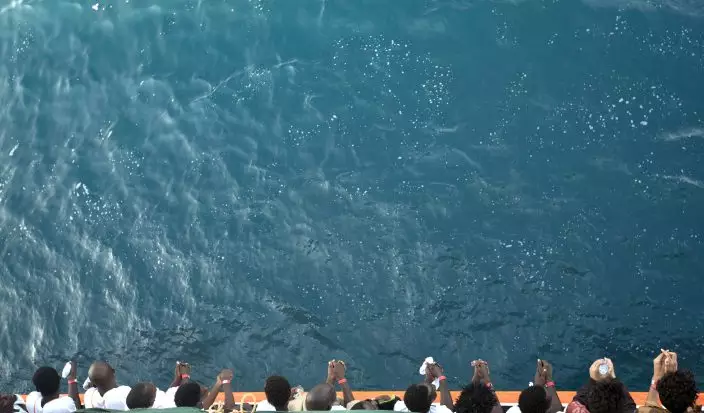
FILE - In this Friday, Sept. 1, 2017 file photo, African migrants who were rescued from the Mediterranean Sea north of the Libyan coast, look out from the deck as the Aquarius vessel of SOS Mediterranee and MSF (Doctors Without Borders) NGOs, approaches the port of Pozzallo on Sicily, Italy. Migrants trying to reach Europe face routine rape and sexual torture throughout their journey _ and especially in Libya _ with men facing abuse nearly as routinely as women, according to a study based on dozens of interviews with aid workers and migrants. (AP PhotoDarko Bandic, File)
Migrants told similarly horrific stories about rape, forced incest, and mass sexual abuse intended to humiliate detainees who had to strip naked and become either rapists themselves or victims.
According to a 20-year-old man from Guinea, "when the men came back crying, they would talk about what the guards did to them and how violent it was."
Because the men were victimized together, they were willing to talk about it in ways that might otherwise be taboo. Mostly, they don't talk about it. In repeated AP interviews with migrants in Europe and in Africa, Libya is the place they don't discuss.
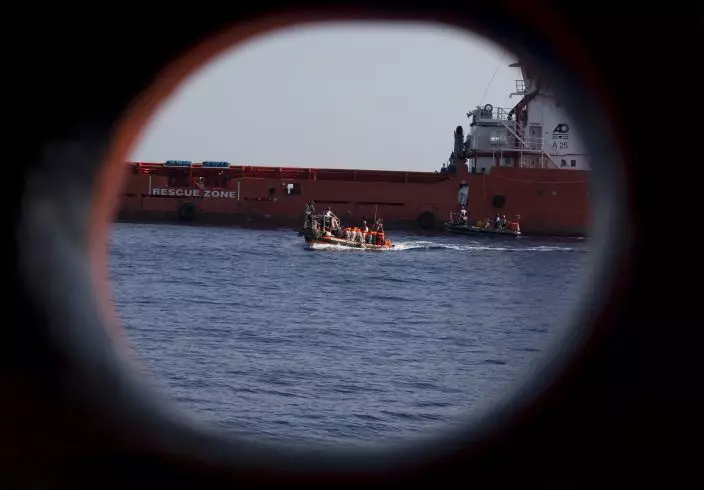
FILE - In this Wednesday, Aug. 30, 2017 file photo, rescuers transfer migrants rescued by an oil rig supply ship to the Aquarius vessel of SOS Mediterranee and MSF (Doctors Without Borders) NGOs, in the Mediterranean Sea, north of Libyan coast. Migrants trying to reach Europe face routine rape and sexual torture throughout their journey _ and especially in Libya _ with men facing abuse nearly as routinely as women, according to a study based on dozens of interviews with aid workers and migrants. (AP PhotoDarko Bandic, File)
The area around Bani Walid is particularly notorious for its clandestine prisons, where migrants have described being held in sunless warehouses for months and even years on end while smugglers try to extract money from them to continue their journey. Last May, more than 100 migrants and refugees broke out from one of the lockups, fleeing under their captors' gunfire. At least 15 people died and 40 were left behind, according to the aid group Doctors Without Borders. The survivors were ultimately shipped to an official Libyan detention center.
And now official detention is likely where they will end up even if they make it into the Mediterranean, due to European policy that has effectively banned rescues at sea in an effort to slow migration. The EU has spent 338 million euros ($382 million) in Libya since 2014 to stem migration, much of it on strengthening the Libyan coast guard and the detention centers.
Migrants turned back in the Mediterranean are unlikely to fare much better in official detention than they did in the warehouses, according to the study's lead researcher, Sarah Chynoweth. United Nations staff and aid groups have limited access to the centers and Chynoweth said migrants told her than in any case "we were just too terrified to say anything."
At one of the official prisons, a 19-year-old Nigerian woman told a health worker that women faced near constant threat of rape, and men only marginally less. Migrants bribe their way to freedom or escape if they can. "They said that if we tell in Europe what is happening in Libya, our brothers and sisters in the prison will pay," she said, according to the study.
Chynoweth has carried out similar studies among the Rohingya refugees in Bangladesh and Syrian refugees in the Middle East. What differs in the European context, she said, is how widespread it is, and the fact that profoundly disturbing forms of sexual torture are used for purposes of extorting ransoms — sent via video to desperate families.
"The minute people are stopped at sea, Europeans wash their hands of it," said Hassiba Hadj-Sahraoui, the humanitarian affairs adviser for Doctors Without Borders, also known as Medecins Sans Frontieres.
Earlier this month, the European Union issued a statement saying the continent's migration crisis is over, "and current levels are a mere 10 percent of what they were at their peak in 2015." The statement cited "appalling conditions" in Libya's detention centers as an issue, without suggesting solutions.
One of the study's few bright points came aboard the MSF rescue ship Aquarius. On the ship, the medical team realized that men and boys appeared not to know that what they'd experienced was sexual abuse. Trained health workers decided in 2018 to emphasize free medical and psychological counseling.
As a result, the study said, 33 percent of sexual assault survivors who came forward last year on the Aquarius were male, compared with just 3 percent in 2017.
"It was about creating that safe environment, allowing the men and boys to know they're not alone," said Aoife Ni Mhurchu, who was a nurse on board the Aquarius at the time and specializes in working with vulnerable populations. Few migrants had any illusions that their attackers would face justice, said Ni Mhurchu, who worked in four detention centers in Libya before her time at sea.
She said few detained in Libya would dare come forward while there.
"This climate of impunity in Libya signals to this extremely vulnerable population that reporting is not only dangerous but futile," she said.
The Aquarius is now chartered for a scientific expedition. The only people pulling migrants from the Mediterranean waters off the Libyan coast take them right back where they came from.



